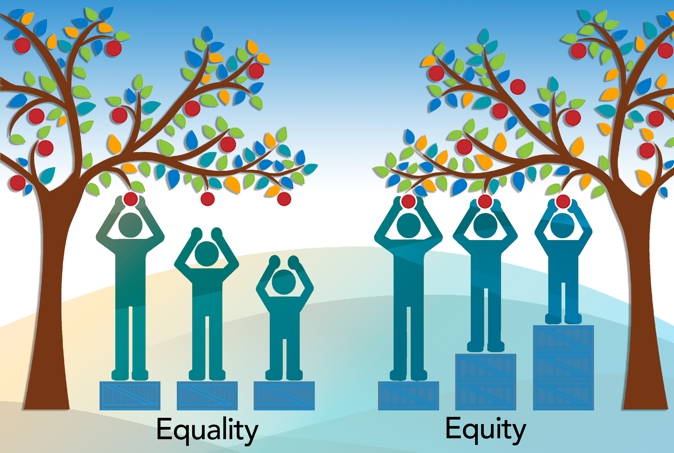
Sustainability and social equity
So what does that mean? Do social equity, or social justice, share common ground with sustainable communities? When you use the word sustainability, most people think about things like renewable energy and recycling. The concept of social equity is usually not the first thing people connect with sustainable communities – but maybe they should?
The United Nations Sustainability Development Goals
The United Nations has created 17 Sustainable Development Goals to work toward by 2030 to transform our world. Some of the issues they tackle are affordable clean energy, clean water and sanitation. They also look at pathways to sustainable cities and communities, as well as reducing social inequality.
Goal #10
Goal #10 of the UN’s 17 sustainable development goals is Reduced Inequalities. This goal states that “For real improvements in a society, everyone needs to have the access to opportunities that will let them grow as individuals. But this is not the case in many places where people face discrimination because of their gender, disability, status, ethnic or racial group, or background. Goal 10 seeks to make sure everyone everywhere has a chance to live a healthy and happy life.” It’s the understanding that in creating opportunity for all, we create a sustainable future.
Understanding the overlap
The idea of working to create more equality in social systems as a ‘green’ thing to do is a relatively new concept. However, we are seeing more and more overlap between issues of social justice and access to clean air and water. Populations that are poor, of color, or indigenous are far more likely to be affected by the impacts of climate change. They are far more likely to feel those effects first. For example, the fact that often the voices of indigenous people are not heard at the political levels where policy is set about the lands they occupy, contributes to the potential for that land to be degraded, mined, fracked, and used for corporate or industrial purposes. Degrading that land affects its indigenous inhabitants first and most, but it ultimately affects us all.
Diving deeper
In 2016 the International Policy Digest featured an article by Daphne Stanford entitled Social Justice and the Environment: Why Sustainability Goes Beyond Politics. In it, she writes this passage: “Case Western Reserve University cites author Annie Muldoon’s observation that ‘the groups who are most immediately and profoundly affected by environmental destruction are those who face multiple systems of oppression. These include women, the poor, people of colour and people who reside in nations of the global South.’”
Connection
We all need to realize that what’s good for the least powerful, most disenfranchised, poorest among us, is actually what’s good for all of us. When we understand that in our hearts and minds, we will truly be on the path to a sustainable world.